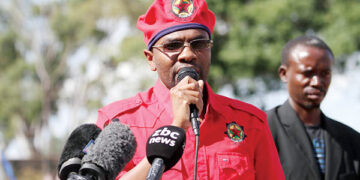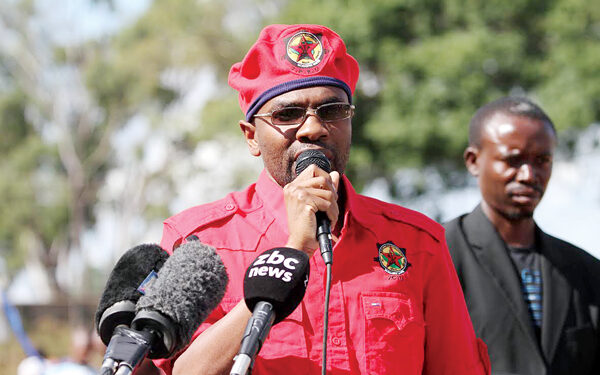By Ebi Kesiena
The Zimbabwe Banks and Allied Workers Union (ZIBAWU) has reported a staggering 75% decline in jobs within the banking sector since the turn of the millennium.
This significant reduction is attributed to the combined impact of accelerated digitization and the socio-political challenges confronting the nation over the past two decades.
In discussions with New Zimbabwe.com regarding the outcomes of a high-level convention that brought together workers from the country’s banking sector recently, President of ZIBAWU, Peter Mutasa expressed deep concern about the diminishing workforce.
According to Mutasa, significant transformations in the banking sector, particularly digitalization and automation, were identified as the primary contributors to this decline.
Mutasa said “The congress coincided with extremely challenging operating conditions, which have limited our ability to effectively serve our members. The economy, experiencing stagnation for decades, has exacted a considerable toll on trade unionism.”
He highlighted the decline in union membership from a peak of 12,000 in the late 1990s to approximately 3,000 at present.
The unionist noted that the high unemployment rate has negatively impacted collective bargaining, rendering traditional methods like strikes less effective.
Also, Mutasa criticized the restrictive nature of labor laws, further complicated by a toxic political environment where the government views every union with suspicion, treating them as adversaries.
“We noted that most of the problems we face are not originating from the labor market but from politics. We agreed that we have a governance crisis affecting the economy, society, and public services. Therefore, we resolved to build an active citizenry through massive civic and political education for our members and communities,” he stressed.
However, the convention revealed that bankers are grappling with various mental health problems arising from economic and social crises, work demands, and interpersonal conflicts at both work and in society.




































